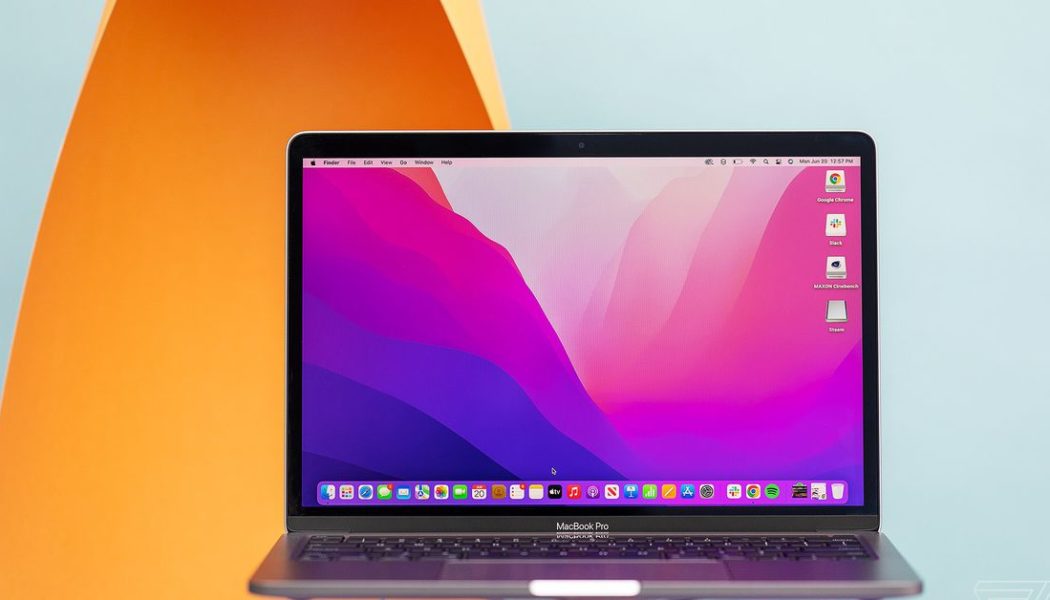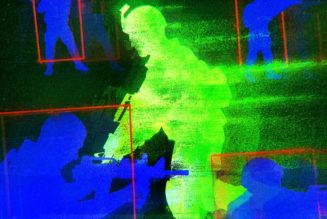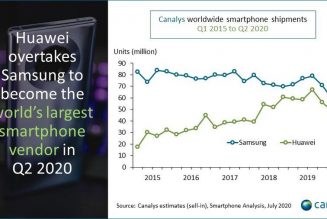
Apple’s new 13-inch MacBook Pro M2 base model appears to have slower SSD speeds than its M1 predecessor. MacRumors reports that YouTubers Max Tech and Created Tech have both tested the 256GB base M2 model and discovered the SSD’s read speeds are around 50 precent slower than the M1 MacBook Pro with 256GB of storage. Write speeds are reportedly around 30 percent slower.
Testing was completed using Blackmagic’s Disk Speed Test app, and Max Tech even disassembled the 13-inch M2 MacBook Pro and found that Apple is only using a single NAND flash storage chip. The M1 MacBook Pro uses two 128GB NAND chips, and multiple chips can enable faster SSD speeds in parallel.
[embedded content]
Other 13-inch M2 MacBook Pro models with larger SSD storage don’t appear to suffer from slower SSD speeds. Another YouTuber with a 512GB M2 model ran tests and found similar speeds to the M1 version, and most reviewers were seeded with fast 1TB models and didn’t find any speed issues.
If SSD speeds are an issue for you on the base 13-inch MacBook Pro, you’ll need to stump up an extra $200 for the faster 512GB model. But if you’re willing to do that, you might want to wait and see what’s inside the new MacBook Air. The base model will be priced slightly less at $1,199, but if it has slower SSD speeds then there’s an identically-priced $1,499 512GB model that will presumably have the two NAND chips. Unlike the M2 MacBook Pro, the M2 MacBook Air also gets a big redesign — including new colors, a larger display, a 1080p webcam, and MagSafe charging.
We’ve reached out to Apple to comment on the SSD changes in the MacBook Pro, and we’ll update you accordingly if we hear back.









